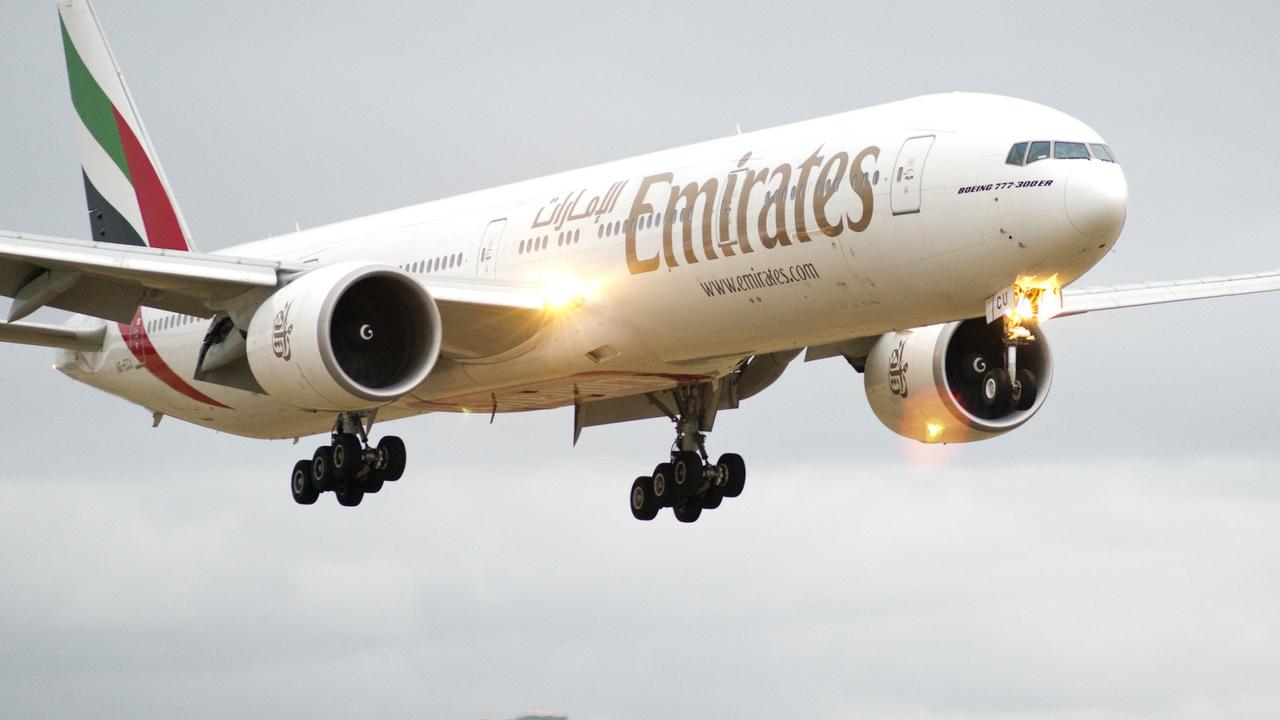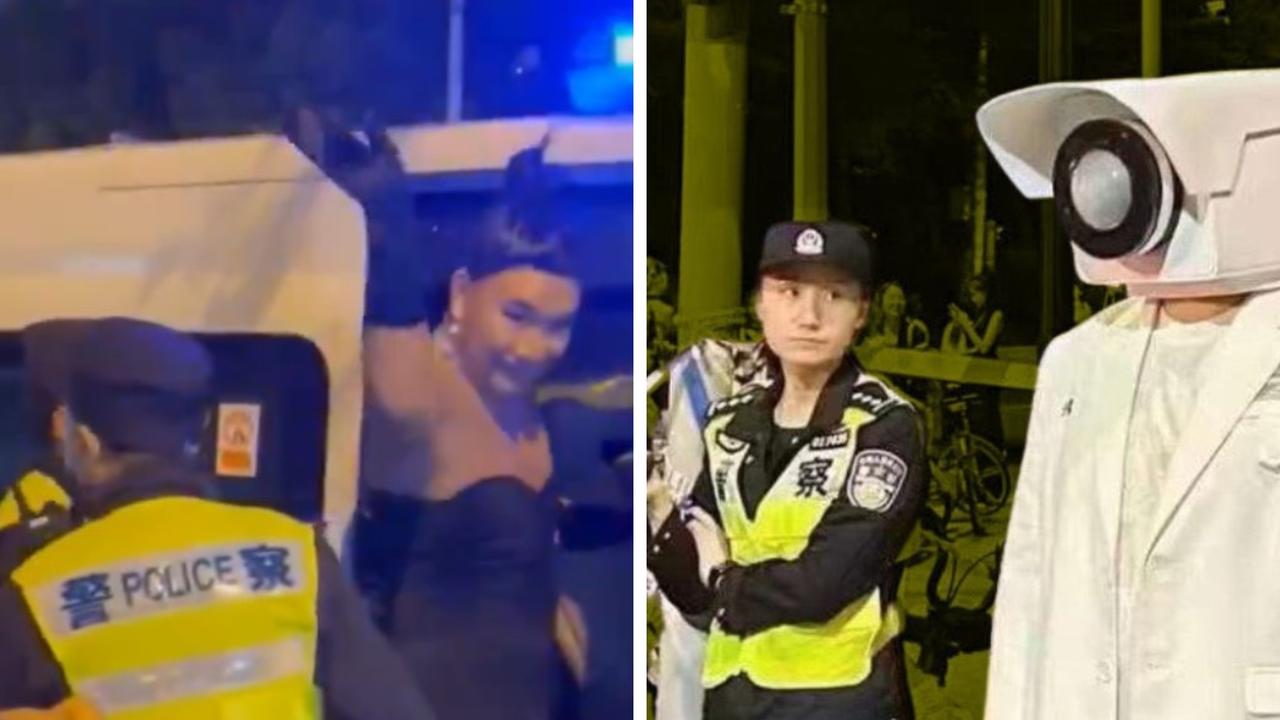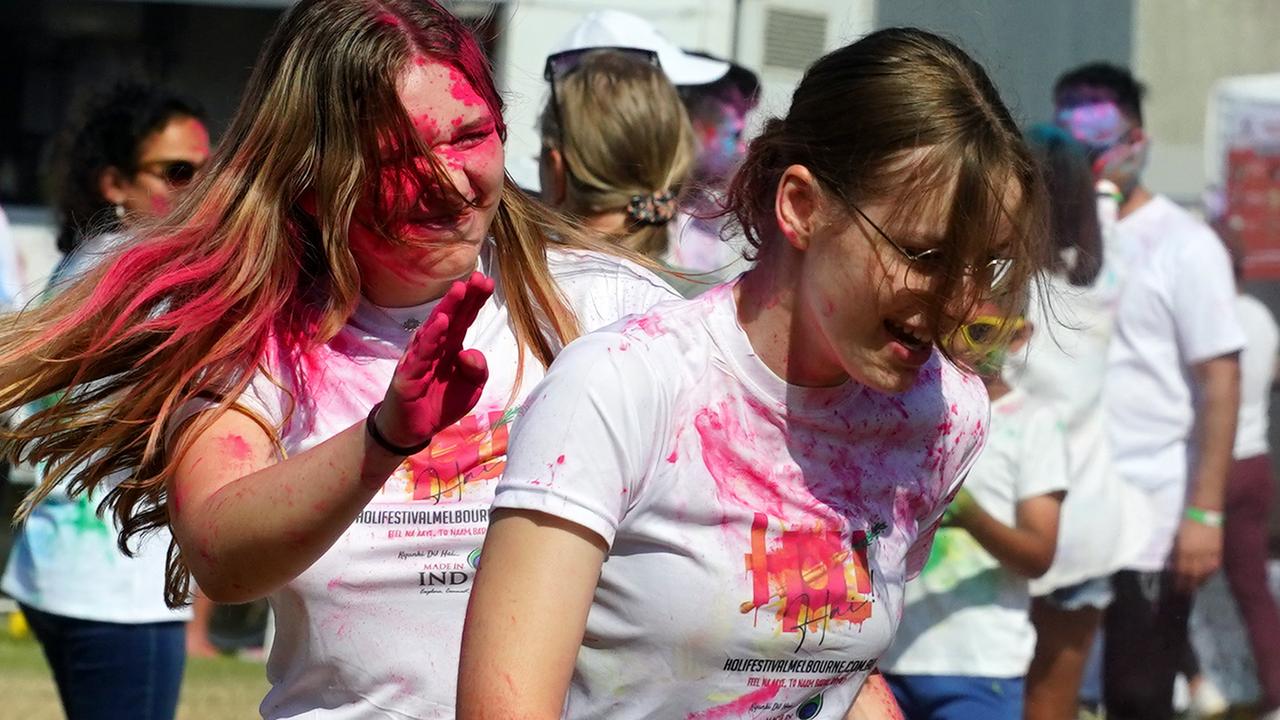Public servants pulled from quarantine, hotel inquiry told
Health and safety concerns prompted a government department to withdraw public servants from the hotel quarantine program, an inquiry has been told.
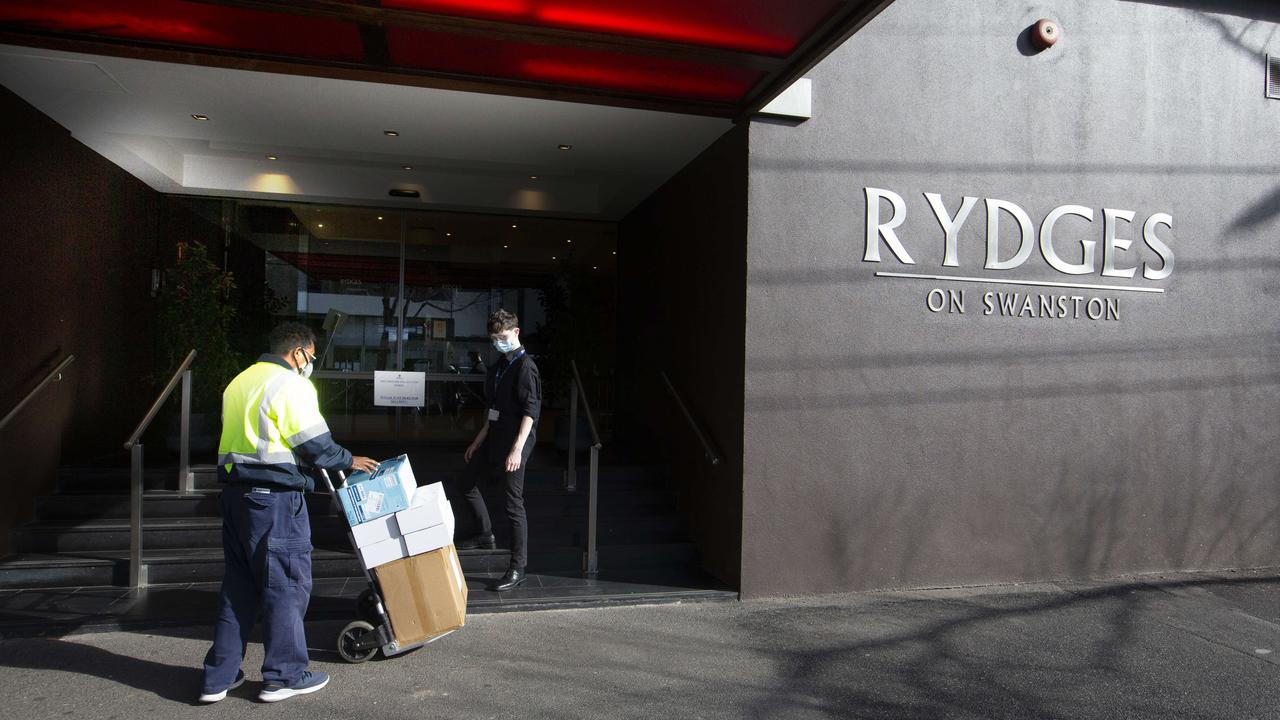
Public servants were pulled from overseeing hotel quarantine over health and safety fears, an inquiry has been told.
Ten authorised officers from the Department of Environment, Land, Water and Planning (DELWP) were seconded to the hotel program in late April at the request of the Department of Health and Human Services (DHHS).
The AOs had to check in detainees, monitor their movements and escalate any quarantine breaches to police.
However, DELWP pulled them from the program after health and safety concerns put to the DHHS went unanswered, the COVID-19 hotel quarantine inquiry was told.
Concerns included inconsistencies between hotels and the lack of compulsory testing of detainees, who were allowed to go for walks.
The AOs also complained about a lack of job training, insufficient rest between shifts and concerns security guards were walking through crowds of detainees, then mixing with other staff, while not wearing PPE and social distancing.
DELWP chief conservation regulator Kate Gavens emailed the DHHS on June 24 about whether the concerns could be resolved.
But when her email went unanswered, she pulled her officers out of the program to be redirected elsewhere in the COVID-19 response.
“There were untested issues that could affect our remaining staff,” she said in her statement.
DHHS commander Murray Smith, responsible for the AOs, said he was aware they were no longer in the program but was unaware they had been withdrawn.
“There were a number of issues they raised,” he told the inquiry.
“They had an interpretation I didn’t agree with, but it was their interpretation.”
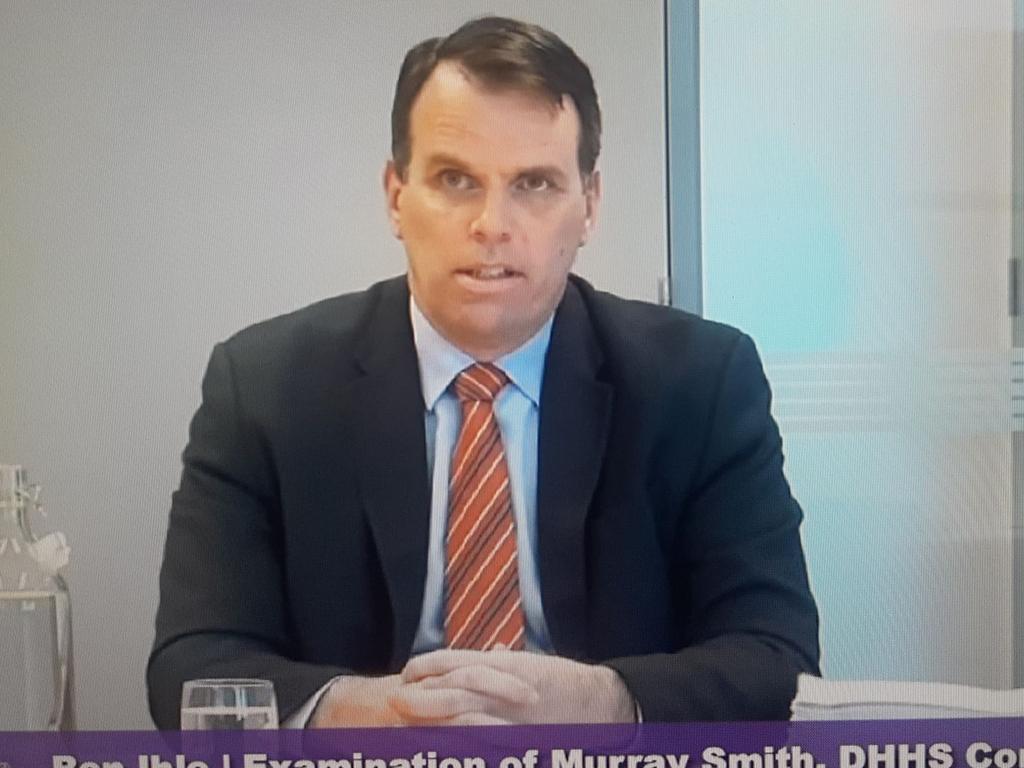
GUARDS TRIED TO KEEP SEX SECRET
Two security guards who allegedly engaged in sexual activity while working in Melbourne’s hotel quarantine initially tried to keep their tryst secret, the inquiry heard.
A redacted email to MSS Security claims other guards discovered the amorous pair when they arrived to relieve them.
“When they arrived on that level, they are alleging that the two guards were taking part in some sort of sexual activity,” the email says.
The relieving guards tried to keep it a secret until an argument broke out after the guards in question complained about breaks.
“The relieving guards tried to keep it in-house between themselves and the guards but unfortunately things blew up tonight,” the email continues.
Other tendered documents reveal security guards sexually harassed and intimidated female colleagues at quarantine hotels.
One complaint from a senior female staff member at Rydges said guards talked about nurses in a disrespectful manner.
“I am absolutely tired of male security speaking in a manner that is condescending and rude to females here,” a complaint read.
“I have been told by some female staff directly that they have been asked rude and inappropriate questions and felt harassed.
“Questions like asking repeatedly what our Instagram names are, comments like ‘You have a nice voice, are attractive’ and being suggestive in the way they speak, calling someone a princess when we tell them we have a boyfriend, being intimidating, demanding who we are and blocking us when we are just trying to enter our own workplace.
“At this time as females alone and surrounded by males that act in this way we don’t feel safe.
“This behaviour is unacceptable and none of us should come to work expecting to be harassed.”
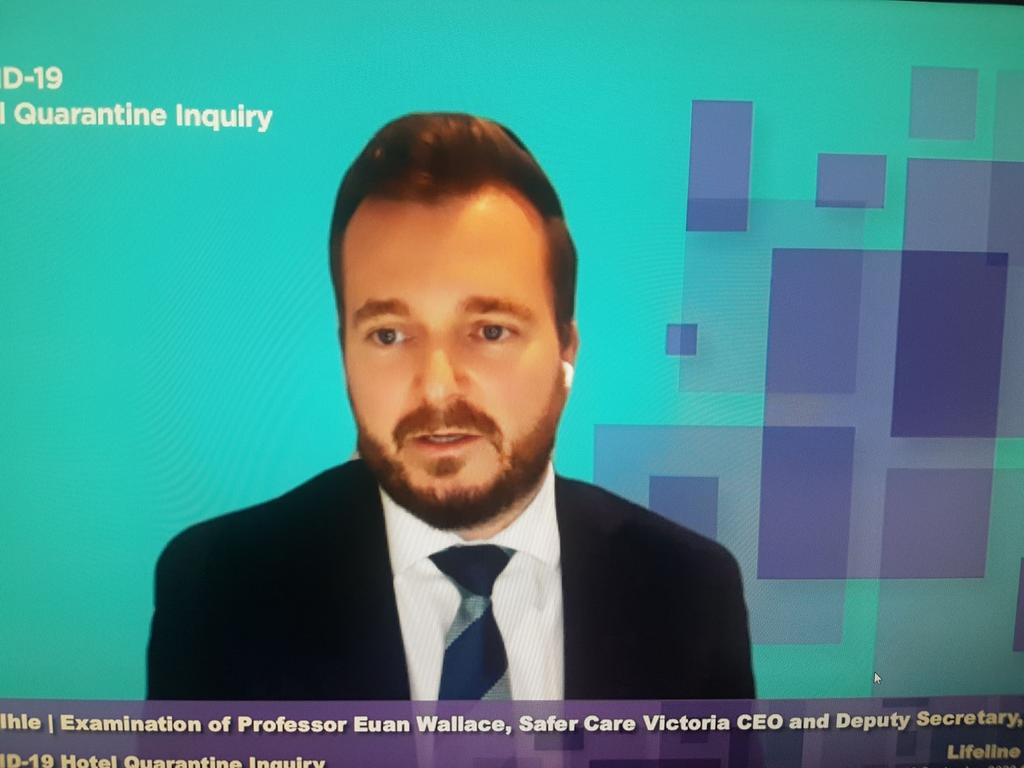
DETAINEE DIED WHILE WELFARE STAFF WERE OVERRUN
A male who took his own life while in hotel quarantine made at least five unanswered calls for help while welfare staff were overrun, the inquiry was told.
There was a delay of at least 24 hours before his last call and him being found, Safer Care Victoria Professor Euan Wallace confirmed.
He was only checked once during his nine-day detainment.
A Safer Care Victoria review that followed found a welfare check team was unable to meet the planned schedule because there was not enough staff to match the workload.
“As a result, initial welfare checks were often delayed and subsequent checks were often infrequent,” the report, shown to the inquiry by counsel assisting Ben Ihle, said.
Daily nurse calls were carried out for physical symptoms. But the backlog meant the first welfare check call for mental health symptoms of the male was not done until day five of his detainment.
“It was the only welfare check call made during the nine days of detainment before his death,” the report found.
Also, it said it was not unusual for detainees not already known to be a high risk to receive their first welfare check call about day five to seven of their quarantine.
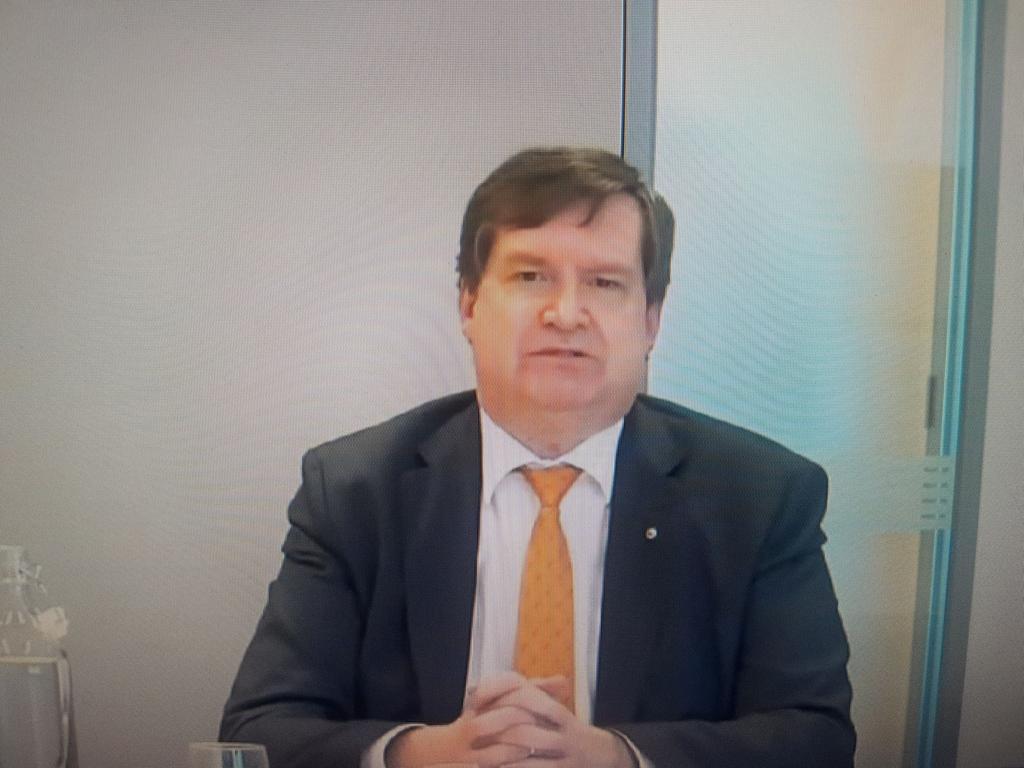
TRAVEL AGENCY WELFARE CHECKS
A travel agency was involved in conducting welfare checks on returned travellers in quarantine, the inquiry was told.
Helloworld employees joined health department workers in conducting the checks via phone calls.
Prof Wallace said the company was engaged by the health department to do them using prepared scripts.
“And they do that very effectively,” he said.
He said he did not know what qualifications they had.
A Safer Care Victoria review said welfare checks were done by phoning hotel rooms directly, but they were transferred via hotel switchboard, which was often overwhelmed, so in some cases were not done.
There was also confusion about which nurses were doing daily health checks at hotel sites and conflicts between security and nursing staff – including a “stand-up verbal fight” over masks.
The review also found public sector staff put themselves forward for temporary work in the quarantine program and were placed in positions without appropriate skills or knowledge.
HOME DETENTION FOR RETURNED TRAVELLERS THOUGHT TOO RISKY
Home detention for returned travellers was considered too risky, the inquiry heard.
DHHS deputy secretary Melissa Skilbeck admitted the idea was considered, but it was believed people wouldn’t comply despite a $20,000 fine for breaches.
“It was not progressed,” Ms Skilbeck told inquiry chair, Jennifer Coate.
“The public health risk was considered unacceptable.”
Ms Skilbeck said there was a lot of commentary at that time about people breaching self-isolation.
Coronavirus outbreaks at Melbourne’s Rydges on Swanston and Stamford Plaza Hotel, where returned travellers were being quarantined, led to 99 per cent of Victoria’s second wave of COVID-19 cases.
Ms Skilbeck told counsel assisting Ben Ihle the spread of the virus from the quarantine hotels into the community was “very disappointing to us all”.
“It was a reminder it was not possible to have nil risk in the environment where coronavirus was.”
Mr Ihle questioned why the public health aims of hotel quarantine failed.
“If there was something tangible to put our hats on, we would’ve acted upon it by now,” Ms Skilbeck replied.
“Clearly it was contrary to the intent of everyone involved.”

